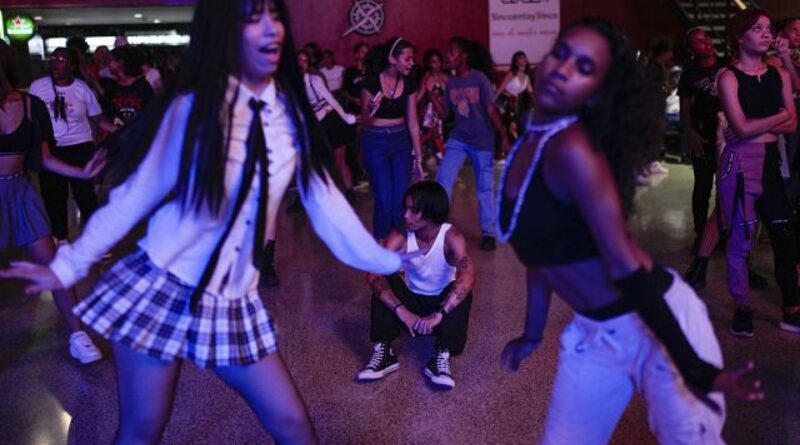South Korean pop music takes Cuba by storm
Even socialist Cuba, the birthplace of salsa and many other rhythms that conquered the world, has surrendered to the invasion of South Korean pop music.
Thirteen-thousand kilometres separate the Asian nation and the Caribbean island, as well as their completely different languages and cultures.
However, all of these differences vanish in a second for the young people who attended “discorea”, a dancing place for K-pop enthusiasts.
Twenty-four-year-old Francisco Piedra, who adopted the artistic name ‘Ken,’ never misses an event and rehearses every day.
He aspires to be a K-pop choreographer.
“K-pop has given me happiness, it has given me a world where I can be myself. I can enjoy laughing, singing, dancing, and expressing myself as I really am,” he said.
Dedicated fans gather in the capital, Havana, almost every weekend to show their moves and exchange the latest gossip on their favourite K-pop artists.
Earlier this year, Cuba and South Korea re-established diplomatic relations that had been severed after the Cuban revolution in 1959.
However, K-Pop made its way to the island around four years ago when mobile internet service for cell phones finally became available.
The K-pop tribe, as they like to call themselves, uses their phones to stay updated on the latest K-pop songs and dance moves.
Tania Abreu is an electronic engineer by profession and the leader of the Macrocosmos cultural project specialising in this genre.
She said K-pop has become popular not only because of the quality of the music but also because the songs touch on social issues that are common in Cuba.
“When the kids found out that it is a beautiful music, very beautiful music, that has nice lyrics, they started to download them and identified with that world,” she said.
There is no exact number of people participating in this mostly youthful K-pop movement, but she said several thousand people are involved and are very visible in Havana and Santiago de Cuba.

